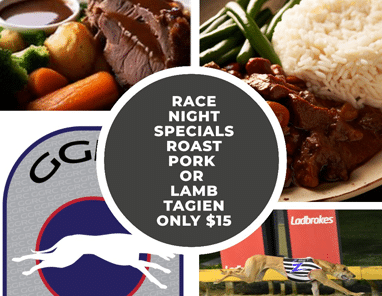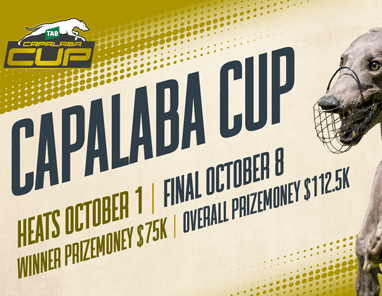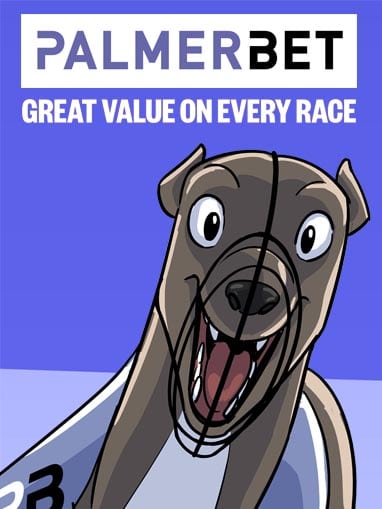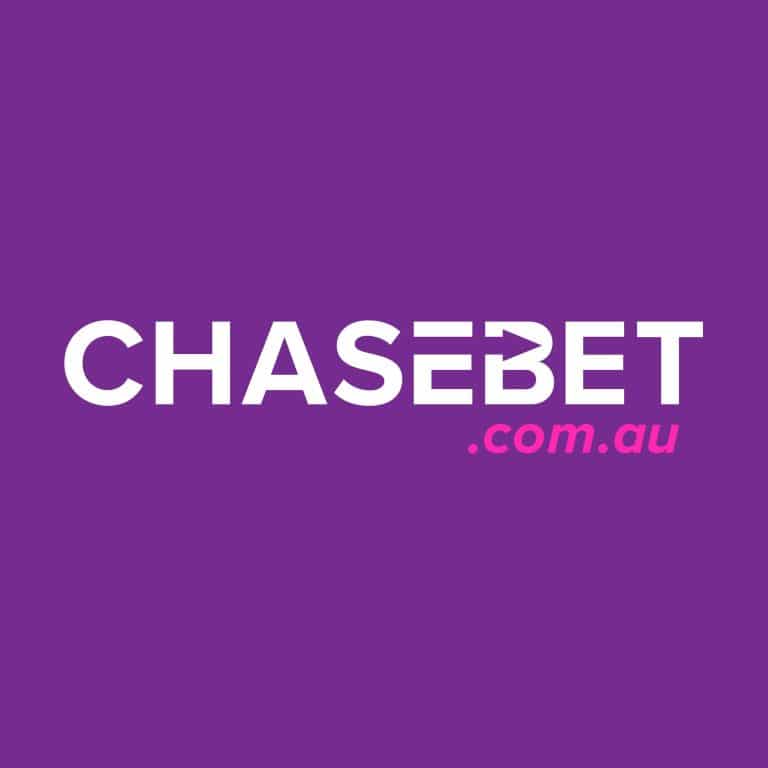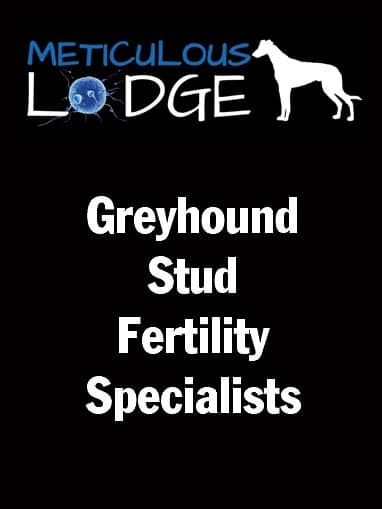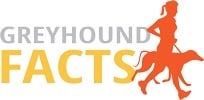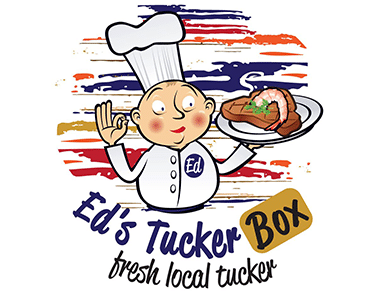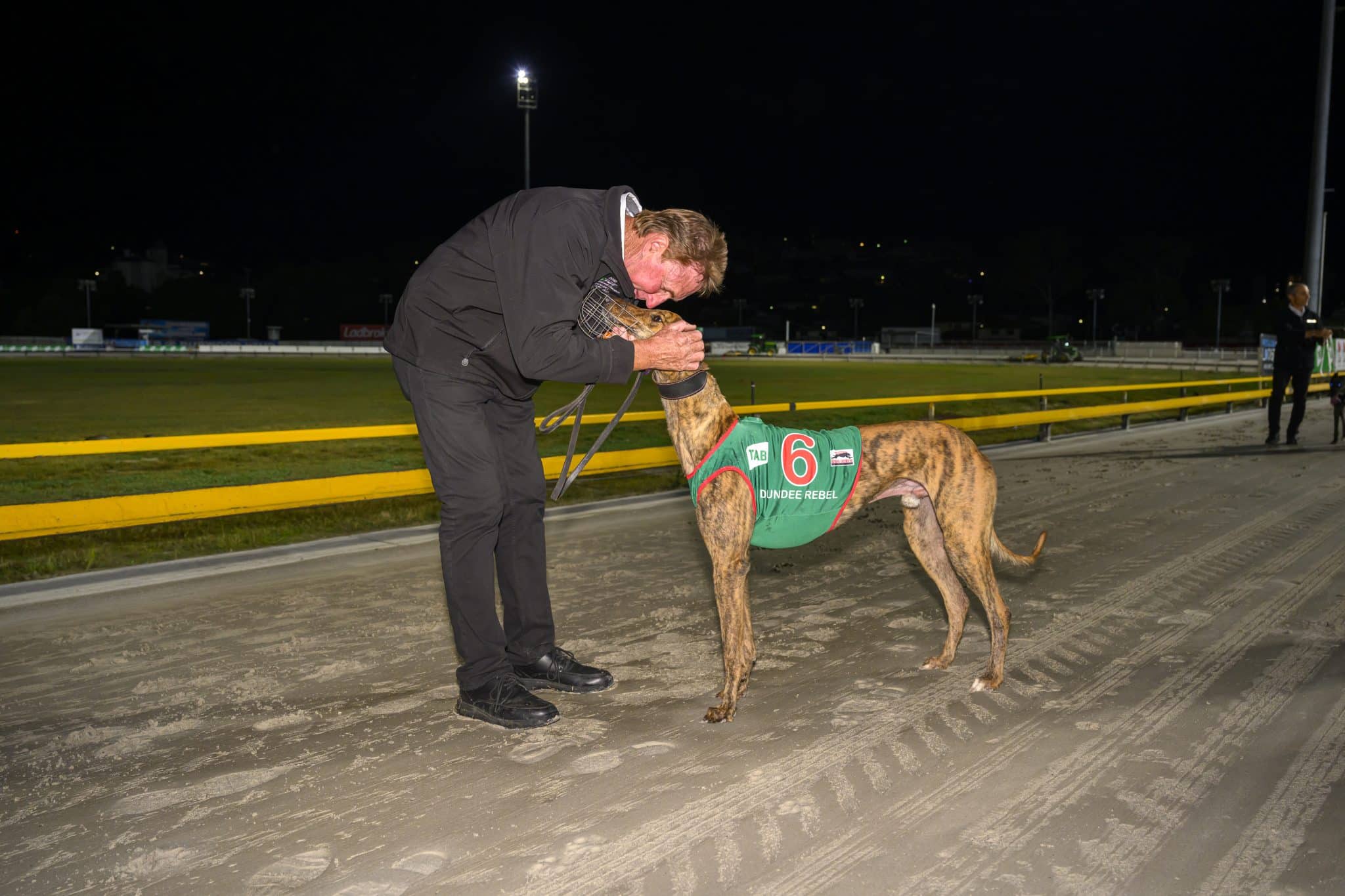
Caption: Rusty Dillon with Flying Amy Classic winner Dundee Rebel. (Photo: Box 1 Photography)
By Mike Hill
RUSTY Dillon has just experienced an extremely rewarding Winter Carnival as caretaker trainer of Victorian sprinters Dundee Rebel and Dundee Smokey.
Based at Postmans Ridge in the Lockyer Valley, west of Brisbane, Dillon has put the polish on some smart chasers over the years and hopes success continues in coming months with what he considers is a promising young litter.
He guided the super consistent Dundee Rebel to victory in the $150,000-to-the-winner Group 2 Flying Amy Classic (520m) at Albion Park in early June for owner-trainer and good mate Geoff Scott-Smith.
The brindle chaser also won a 4th/5th Grade sprint and was placed in three high-class carnival events from just five Brisbane starts, while Dundee Smokey picked up a 5th Grade victory.
The well-bred litter brothers (Feral Franky-Dundee Calypso) have since returned home to Scott-Smith’s Pakenham South kennels.
It was a highly successful month or so for Dillon and Scott-Smith, who have been good mates for some time.
“Dundee Rebel had success because he’s so reliable,” said Dillon.
“However, Queenslanders didn’t see the best of Dundee Smokey.
“He’s a fast dog, but he had a couple of issues, and we didn’t see the best of him.
“Geoff said he will now go for a spell.”
Dillon, who we feature in this month’s The Trainer column, is working closely with good friend John Jeffrey at the Postmans Ridge trialling and education centre at the base of the Toowoomba Range.
Jeffrey has been developing and upgrading the complex for the past 12 months after purchasing the well-known property from John Collins.
“John (Jeffrey), who comes from a business background, is making major improvements all the time and the education track is in excellent condition,” said Dillon.
Dillon splits his workday between his own dogs – he has 12 in work – and assisting Jeffrey with the education and rearing side of the operation.
On the morning he spoke to Chase, Rusty had just returned from the first break-in session for a new group of 30 pups.
“John and I played footy together, and I’ve trained dogs for him in the past,” he said. “We are great friends.”
Dillon, who’s been around greyhounds for four decades, has a solid background in all aspects of the industry.
“I did education work back in Victoria when younger at the Tooradin trialling track,” he said.
Rusty said he had big hopes for a group of youngsters from the only litter of former ‘potential superstar’ No Easy Beat.
He trained the sprinter, a member of the brilliant Zambora Brockie-Lilly Sur Seine litter that included Group performers Stinger Noir and Sequana, early in its career for good friend and Tiaro-based owner-trainer Kevin Bryant.
No Easy Beat was the subject of a huge offer after a runaway 10-and-a-half-lengths victory in a heat of the Molly Campbell Silver Dollars (520m) at Albion Park in September, 2019, clocking a flying 29.60s.
But injury cut short a blossoming career. He retired with a 7-2-2 record from just 15 starts and $34,680 in earnings.
Dillon and Bryant have the lion’s share of the No East Beat-Nurse Meg litter in their Too Easy Beat Syndicate, with Bryant training ‘a couple of bitches’ and Dillon having several dogs.
One of the Bryant bitches, Paris Will Wait – the first of the litter to race – was an impressive 14-lengths first-up winner in a Bundaberg maiden (460m) last month.
And Dillon, who has been ‘training on and off for 40 years’, is equally impressed with his 18-month-old males yet to hit the track.
“I’ve been in the game since my teens when I was living in Melbourne,” he said.
“My Dad did a job for the family next door. They had hurdle dogs and they gave us one.
“She wasn’t good enough to race but we bred a litter of pups from her.
“At one stage we had 11 pups in a bedroom. We eventually sold the lot. They were by the good hurdle sire Gabriel Star and one of the pups, Sun Curl, turned out to be a good hurdler.
“After that I was given a couple of dogs to train. We won some races with them.
“I later moved to the Gold Coast and then to Brisbane, living at Chandler.”
Dillon trained the smart sprinter Major Trumps, a Capalaba straight-track specialist, for a syndicate headed by Robert Ayres.
The son of Head Honcho won the NZ Challenge at Gold Coast Parklands complex in 2002, qualifying for a spot in the Auckland Cup where he finished fifth.
Major Trumps ended his career with a record of 21 wins and 24 placings from 65 starts.
The trainer said he ‘picked up winners here and there’ during a decade or so in Brisbane before relocating to Caboolture on the Sunshine Coast where he developed his association with Bryant.
During this time, he had success with another Bryant dog, the outstanding stayer Big Easy Red (57: 22-8-6; $132,878).
The red brindle dog ran second to the mighty Fanta Bale in the Group 1 Gold Cup (710m) at Albion Park in June, 2017, and two months later finished third to the same stayer in the G1 National Distance Championship, again at Albion Park.
1: How and when did you get involved in greyhound racing?
A: About 40 years ago when I was given a giveaway dog.
2: Who has been the greatest influence on you as a trainer?
A: (Highly respected trainer) Ted Sallows and his wife Marg.
3: At what age do you start preparing a pup for racing?
A: When they’re between 14 and 16 months old after good rearing.
4: How long does it take to prepare a pup for its first race?
A: Usually four to five months.
5: What makes a good pup?
A: Good rearing and good breeding.
6: Do you do anything special when preparing a young dog for its maiden compared to a seasoned performer?
A: I like to run them in field trials wearing race rugs.
7: Do you have a set routine for all your greyhounds or do you vary training for individual runners?
A: I use the same routine depending on the distance they run.
8: Do you have any unique or unusual methods you would like to share in regard to training?
A: A lot of TLC (tender loving care).
9: Do you swim your dogs as part of your training regime?
A: No.
10: How frequently do you like to race your dogs?
A: Once a week or every five days, depending on the distance they’re running.
11: What’s your training routine for dogs between races?
A: Straight track work and time on the walking machine.
12: Do you do all muscle work on your dogs and treat all injuries?
A: Yes, but sometimes I seek a second opinion.
13: Which is the best greyhound you have trained?
A: Big Easy Red (stayer), No Easy Beat (sprinter).
14: What do you consider is the best greyhound track in Australia and why?
A: From limited tracks, probably Albion Park.
15: What does the industry need most going forward?
A: More trials on racetracks.
16: What is the best advice you could give someone just starting out as a trainer?
A: Get on and enjoy the ride if you can. Get your hands on a fast, reliable dog.


